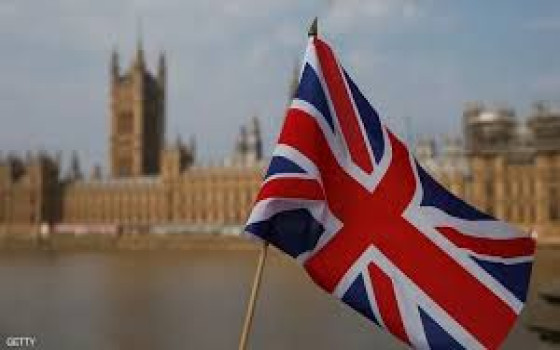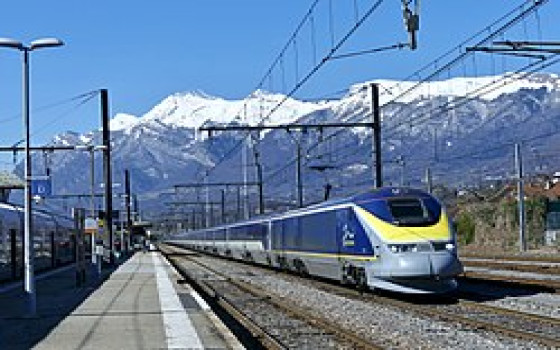Black Wednesday in Britain today.... Half a million workers are participating in a strike to put pressure on the government to raise wages

- Europe and Arabs
- Wednesday , 1 February 2023 15:51 PM GMT
Brussels: Europe and the Arabs - agencies
Today, Britain is witnessing what media reports described as Black Wednesday, due to the strike in which up to half a million workers will participate in various sectors, with the closure of thousands of schools, the closure of railways and a major disruption of borders.
Ministers were accused of "deceiving the public" and freezing any moves towards a settlement with NHS workers and railway unions, and government sources privately acknowledged that optimism at the start of the month about ending the strike had faded.
The series of coordinated strikes includes teachers, civil servants, Border Force employees and train drivers, as the government tells people to prepare for "major disruption".
The British newspaper, The Independent, reported that about 200,000 teachers will take part in their biggest strike in three decades, closing classrooms in 85% of schools.
The strike causes the closure of 23,000 schools, in Britain and Wales, due to the strike of teachers and workers at the British Ministry of Education to raise wages, according to the British newspaper “Daily Mail”, in conjunction with the strike of workers of many bodies, led by airports, who were replaced by officers and soldiers of the British army. To fill these jobs so that the country does not stop working.
Also, most trains in England will not run, and queues are expected at airports, and the British government has paid 600 military personnel to support public services, and Phil Douglas, director general of the Border Force, warned of queues at airports today, Wednesday, due to a strike by passport employees.
The strikes come across multiple sectors at a time when unions are intensifying their campaign to raise salaries by the British government, to cope with living expenses and high inflation rates.
The strikes coincided with marches and rallies across the country after the Federation of Trade Unions called on all workers, not just those working in the public sector, to protest in support of the right to strike.
And on the eve of today's strike, which was described as "Black Wednesday", the National Federation of Education - the largest union for teachers - said that 40 thousand additional members had joined in the past two weeks. In addition to the 127,000 members who originally voted to organize the strike and expect others to participate, trade union sources said they expected about 200,000 teachers to leave work.
Mary Boustead, Secretary General of the National Education Union, predicted that 85 percent of schools in England and Wales would be closed in whole or in part, while Assistant Secretary of the Union Kevin Courtney told The Independent that it would be the largest educational strike since 1986.
The British government acknowledged that the mass strike on Wednesday would be very difficult for many. "We know there will be great disruption given the scale of the strike that is taking place today and that will be very difficult for the public trying to go about their daily lives," said the prime minister's official spokesperson. He added, "Frankly, this strike will disrupt people's lives, and for this reason we believe that negotiations and not a strike is the right approach."














No Comments Found